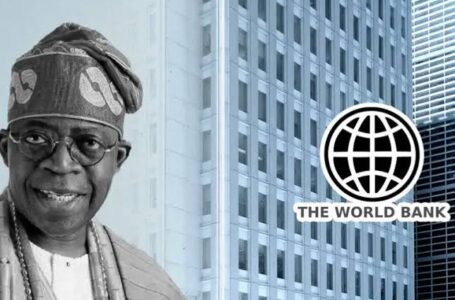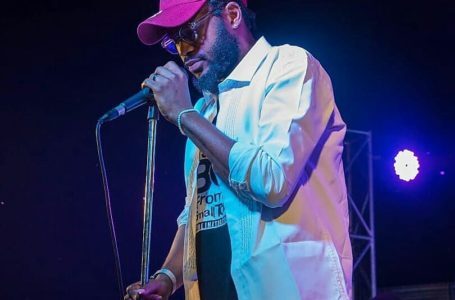Lagos, Nigeria — Nigeria, Africa’s most populous nation, is facing a severe crisis of abuse that permeates every facet of society. From domestic violence to sexual assault, child abuse to police brutality, the scourge of abuse has become a pervasive and alarming trend. This growing crisis calls for immediate attention and action from all sectors of society to protect the vulnerable and ensure justice for victims.
Domestic Violence: A Silent Epidemic
Domestic violence remains one of the most prevalent forms of abuse in Nigeria. Despite cultural taboos and legal frameworks intended to protect victims, many women and children suffer in silence. According to a survey by the Nigerian Demographic and Health Survey (NDHS), 30% of women aged 15-49 have experienced physical violence, while 9% have faced sexual violence. The stigma surrounding domestic violence often prevents victims from seeking help, perpetuating a cycle of abuse that spans generations.
Sexual Assault: Breaking the Silence
Sexual assault is another critical issue plaguing Nigeria. High-profile cases and social media movements have brought some attention to the problem, yet many incidents go unreported due to fear of retribution and societal judgment. Institutions like universities have been particularly notorious for mishandling sexual assault cases, often providing minimal repercussions for offenders. The recent allegations at the University of Lagos (UNILAG) highlight the need for systemic change in how these cases are addressed.
Child Abuse: The Innocent Victims
Child abuse in Nigeria takes many forms, including physical, emotional, and sexual abuse, as well as child labor and trafficking. The National Bureau of Statistics (NBS) reports that over 50% of Nigerian children experience some form of violence before the age of 18. The lack of effective child protection services and the normalization of corporal punishment contribute to the widespread nature of this abuse. Children, often unable to advocate for themselves, suffer the long-term consequences of these traumatic experiences.
Police Brutality: An Abuse of Power
Police brutality has long been a contentious issue in Nigeria. The #EndSARS protests of 2020 brought global attention to the excessive use of force by the Special Anti-Robbery Squad (SARS) and other police units. Despite promises of reform, incidents of police brutality continue, undermining public trust in law enforcement. Victims of police abuse often face intimidation and lack of legal recourse, highlighting the urgent need for comprehensive police reform.
Cultural and Institutional Challenges
Several cultural and institutional factors contribute to the persistence of abuse in Nigeria. Traditional gender roles and societal norms often condone or excuse abusive behavior, while victims are shamed into silence. Additionally, weak legal frameworks and inadequate enforcement of existing laws fail to provide sufficient protection for victims or deterrence for perpetrators. Corruption and inefficiency within the judicial system further exacerbate the problem, allowing many abusers to escape accountability.
The Role of Social Media and Advocacy
Social media has played a crucial role in bringing abuse cases to light and mobilizing public support for victims. Hashtags like #EndSARS, #SayNoToRape, and #JusticeForOchanya have galvanized national and international attention, pressuring authorities to act. Advocacy groups and non-governmental organizations (NGOs) have also been instrumental in providing support services for victims, raising awareness, and pushing for legislative changes.
Moving Forward: A Call to Action
Addressing the abuse crisis in Nigeria requires a multi-faceted approach involving government, civil society, and the international community. Key measures include:
Strengthening Legal Frameworks: Implementing and enforcing stricter laws against all forms of abuse, ensuring swift and fair prosecution of offenders.
Supporting Victims: Providing comprehensive support services, including shelters, counseling, and legal aid, to help victims rebuild their lives.
Public Awareness Campaigns: Educating the public about the signs of abuse, how to report it, and the importance of supporting victims.
Reforming Institutions: Overhauling police practices, ensuring accountability, and training law enforcement officers on handling abuse cases sensitively and effectively.
Empowering Communities: Engaging community leaders and stakeholders to challenge harmful cultural norms and promote gender equality and respect for human rights.
The alarming trend of abuse in Nigeria is a call to action for all members of society. By working together to protect the vulnerable and hold abusers accountable, Nigeria can begin to heal and build a safer, more just future for all its citizens.









